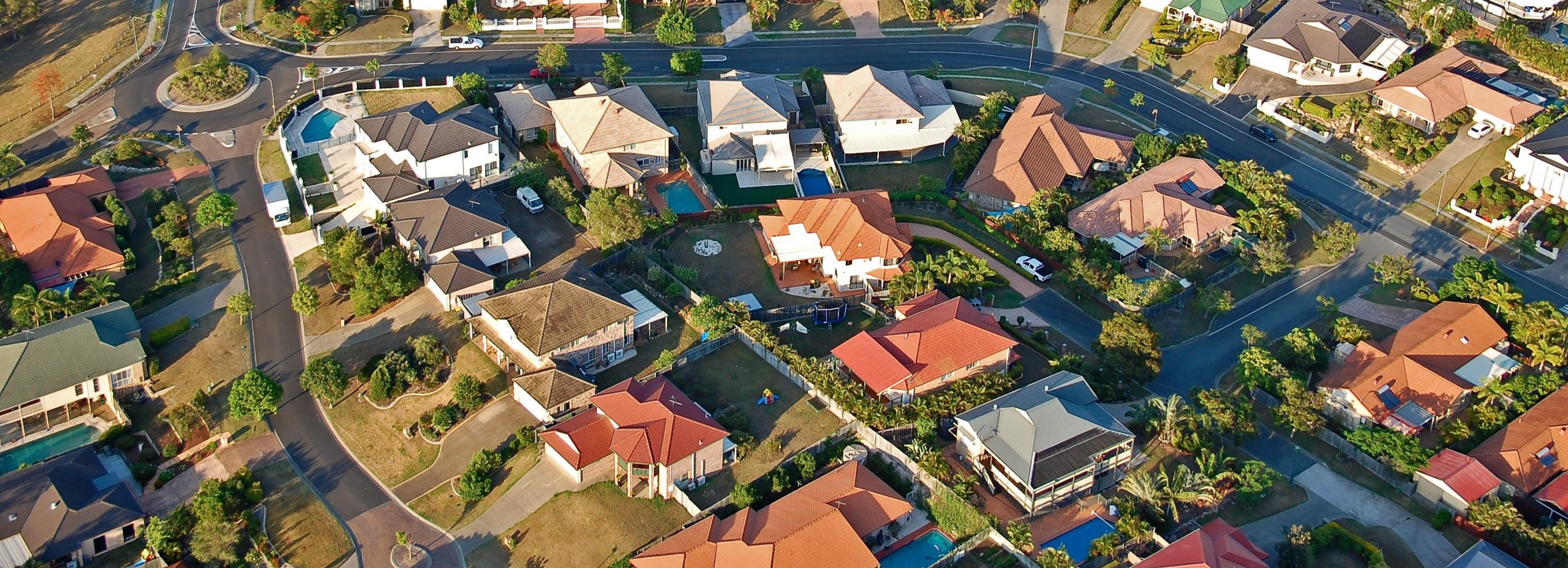Management Rights Businesses in New Zealand are a unique business model which are not always fully understood or appreciated. In this article, commercial property law partner, Chad Danswan, takes a look at what a Management Rights Business is and provides his insights into what should be considered when selling and purchasing such businesses based upon his own commercial and legal experience.
But I paid for it! The overlooked risk of paying for a home on land you do not own.
Are you looking for a home and thinking about paying for a house on land owned by a friend or family? This article provides a brief summary of the important legal issues you need to consider if you are planning such an arrangement.

Finding a place to live can be a challenge. Buying a home is increasingly unaffordable, rental properties can be scarce and building a new home can be prohibitively expensive. Many families are therefore looking at alternative ways of ensuring that all family members have somewhere reasonable to live. One option often considered is for one family member to purchase a relocatable or simple dwelling to be placed on land owned by another family member.
Small, simple and relocatable dwellings are often relatively cheap to purchase and can be moved onto land already owned by family members or friends with spare land. Parents with a farm or lifestyle block, for example, can make some of their land available for children to live on in a simple house the children pay for. Alternatively, children wanting to provide for their parents can make their land available and the parents can build a house on that land.
However, the legal implications of these arrangements are often overlooked and that can have significant consequences for all involved. Many people assume that it is possible to own a house or dwelling even if the land on which that house is built is owned by someone else. Unfortunately, this assumption is not correct.
The general legal rule is that everything attached to land forms part of the land itself and is owned by the owner of the land. This raises the question: when does a building become “attached” to the land in such a way that it becomes part of the land? Once a building becomes part of the land, it is owned by the owner of the land, not by the person who paid for it. Knowing when a building becomes “attached” to the land is therefore very important for people who want to purchase and/or build a building on land owned by someone else.
As a general rule, any building that is attached to land in any way other than by its own weight is part of the land. For example, if a building has underground water or waste water connections or sits on foundations in the land, the building will be part of the land itself and therefore owned by the land owner. The general rule applies to all buildings on land unless it would be obvious to an independent person that the building was not intended to form part of the land. For example, a purely relocatable building that sits on skids ready to be moved to another location, would probably not be “attached” to the land and would therefore be owned by whoever paid for the building.
Most houses built on family owned land are attached to the land they sit on in some way. In practical terms this means that:
- The building will be owned by the owner of the land, not the people who paid for and/or built the building;
- If the landowner is a natural person and they die, the building will form part of their estate and be dealt with in accordance with their will;
- If the landowner is a trust or company, the building will be owned by that trust or company;
- If the landowner suffers financial difficulty, the building will be available to their creditors (it could, for example, be sold by the landowner’s mortgagee by way of mortgagee sale);
- The person who paid for the building will not own the building and will only have a claim for compensation from the landowner which could be difficult and or expensive to pursue, particularly if the landowner has other liabilities of their own or has died or become mentally incapable.
The important message is that you need to be very careful if you want to pay for a building on land you do not own. You should seek legal advice before proceeding and sign an agreement with the landowner that will govern the rights and interests of all parties in the land and the building. We at Harkness Henry have significant experience with these problems and are able to help you identify the legal issues you need to consider and develop a plan to ensure that your investment in your home is protected.
This article is current as at the date of publication and is only intended to provide general comments about the law. Harkness Henry accepts no responsibility for reliance by any person or organisation on the content of the article. Please contact the author of the article if you require specific advice about how the law applies to you.
For further information



